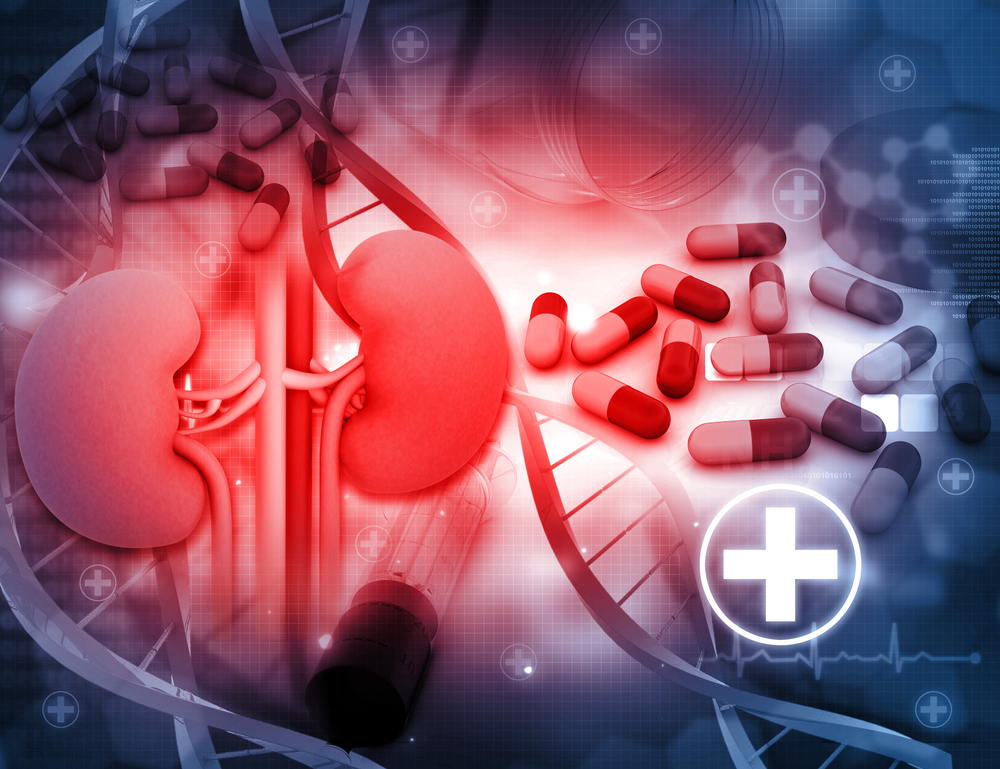We all know the negatives of warfarin, but lets take a look at the advantages of warfarin. NOACs are gaining in popularity, no doubt about that. No matter which anticoagulant we are using, we must recognize that there are always positives and negatives. It is incredibly important to recognize those positives and negatives to best take care of our patients. So what advantages does warfarin have over the newer oral anticoagulants like the factor 10A inhibitors and direct thrombin inhibitors?
- Valves; Warfarin is indicated and we have experience with it in the treatment of atrial fibrillation in patients who have had a valve replacement. At this time, there isn’t any of the NOACs that have the indication to use with artificial valves.
- INR; Is lab monitoring a good thing or a bad thing? For most patients lab monitoring is definitely frustrating. Coming in monthly or more often can be a big inconvienece in their life. Frequent dose changes can potentially increase the risk for something to go awry. The good side of INR monitoring? The INR can help guide us as far as patient adherence. If a patient stops taking their NOAC or is very inconsistent, by the time we find out, it may be too late. Adherence is something you should take VERY seriously with the new oral anticoagulants
- Kidney disease; In later stages of kidney disease, warfarin is the medication with the most experience of use and will likely be the drug of choice. Contraindications and/or dose adjustments exist with the NOACs.
Enjoy the blog? My 30 medication mistakes is something I created to help other pharmacist and healthcare professionals! – Simply following the blog will get you free access!



What about antidote..
The NOACs were never studied with mechanical valves because the incentive was not there (almost no one has them)..
Thank you for your posts. They are always simple to understand, relevant and straight to the point.
Hey! thanks Bill, I try my best to stay relevant, thank you for following
One clear advantage of Warfarin over NOACs, at least for now, is that its overuse (i.e toxicity) can be reversed with vitamin K, something the latter lack. Thanks Eric for keeping us educated and informed.